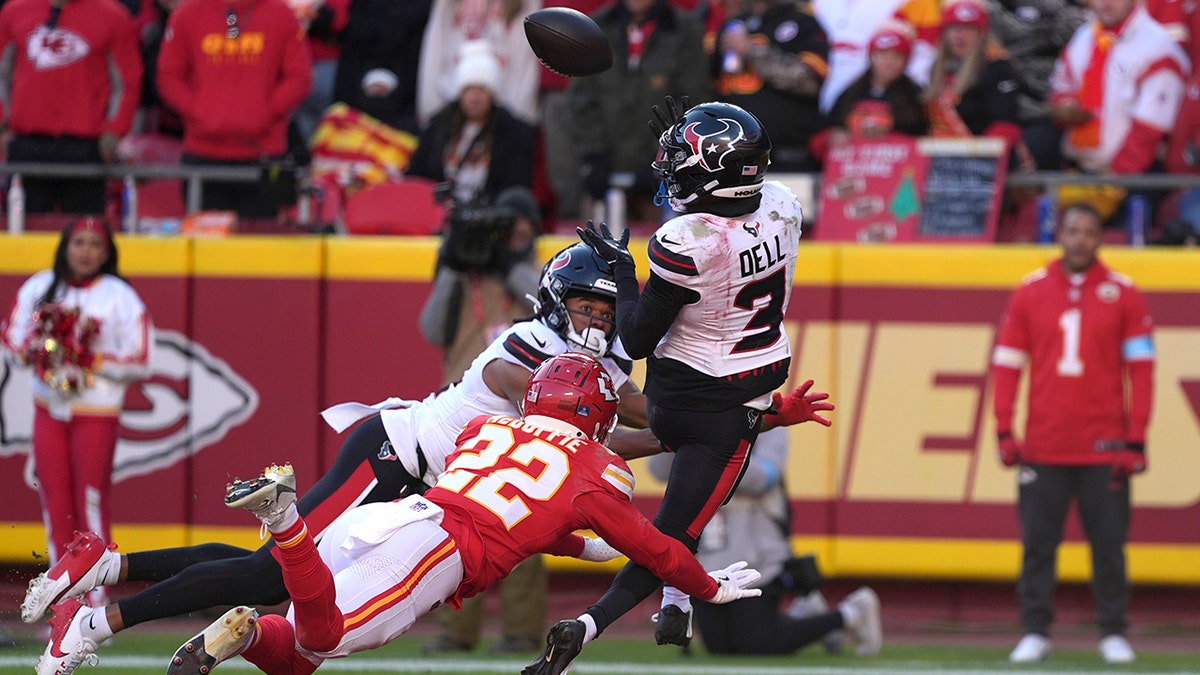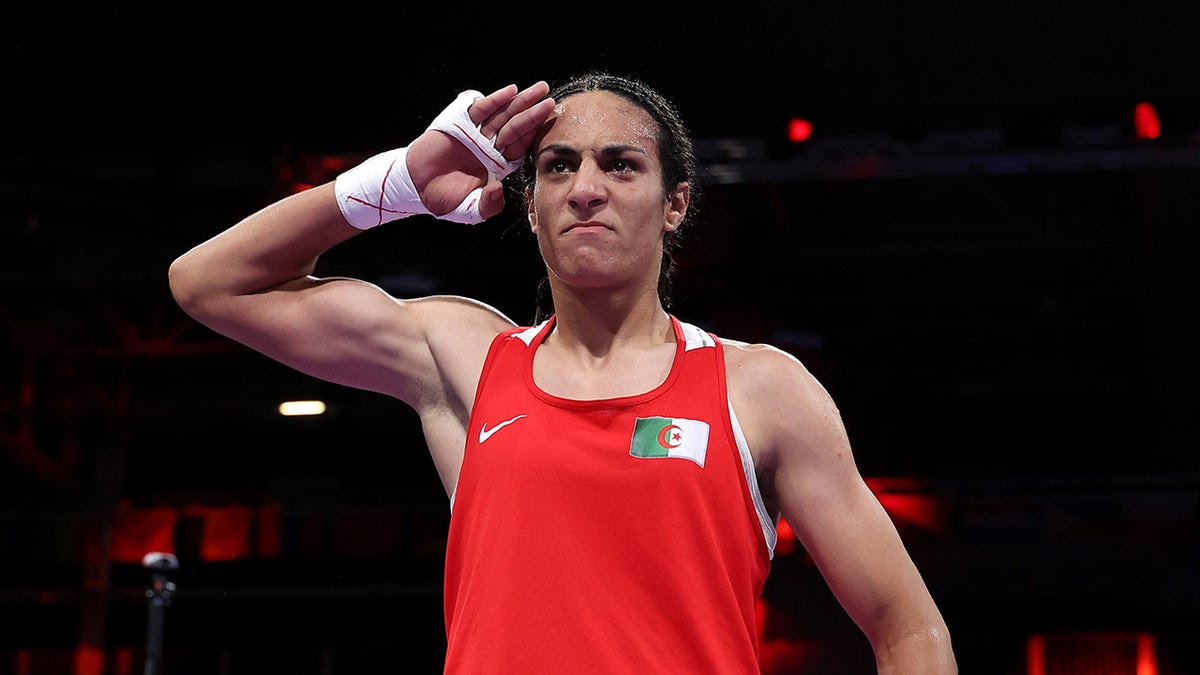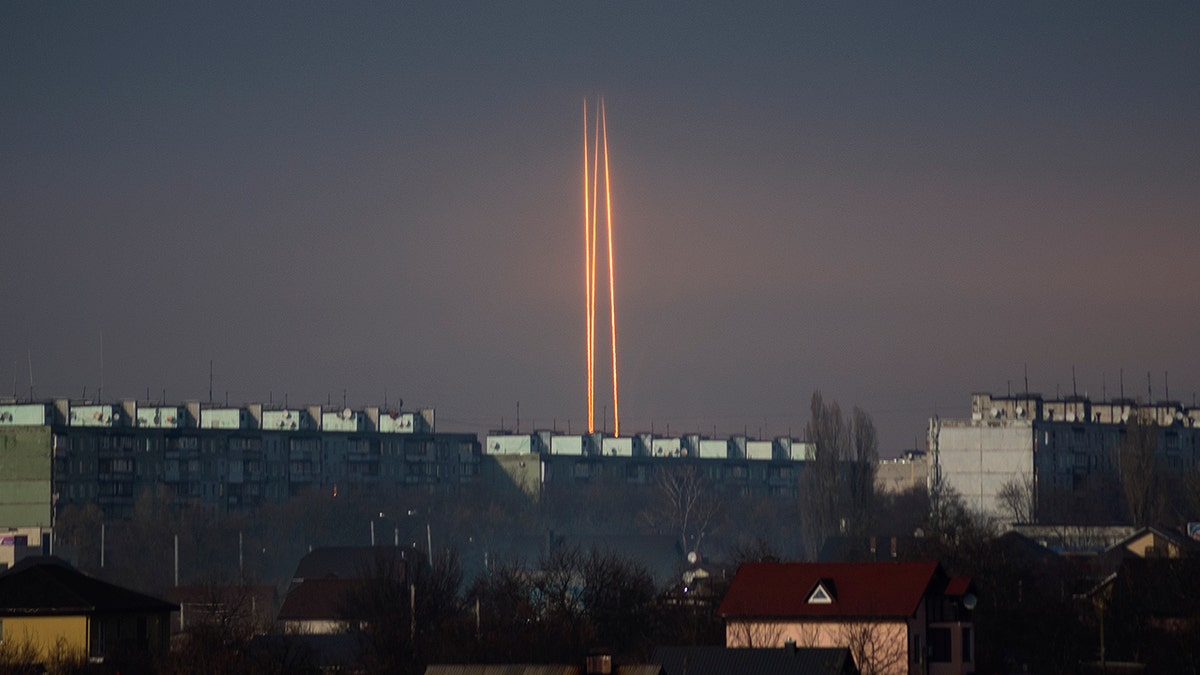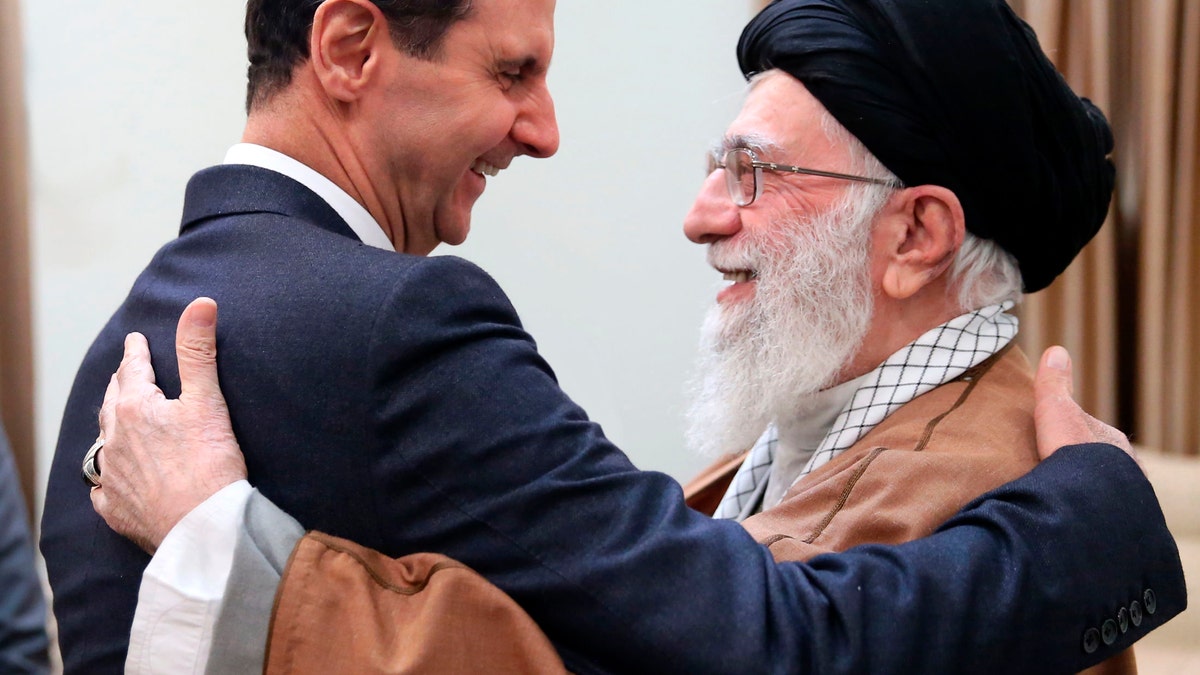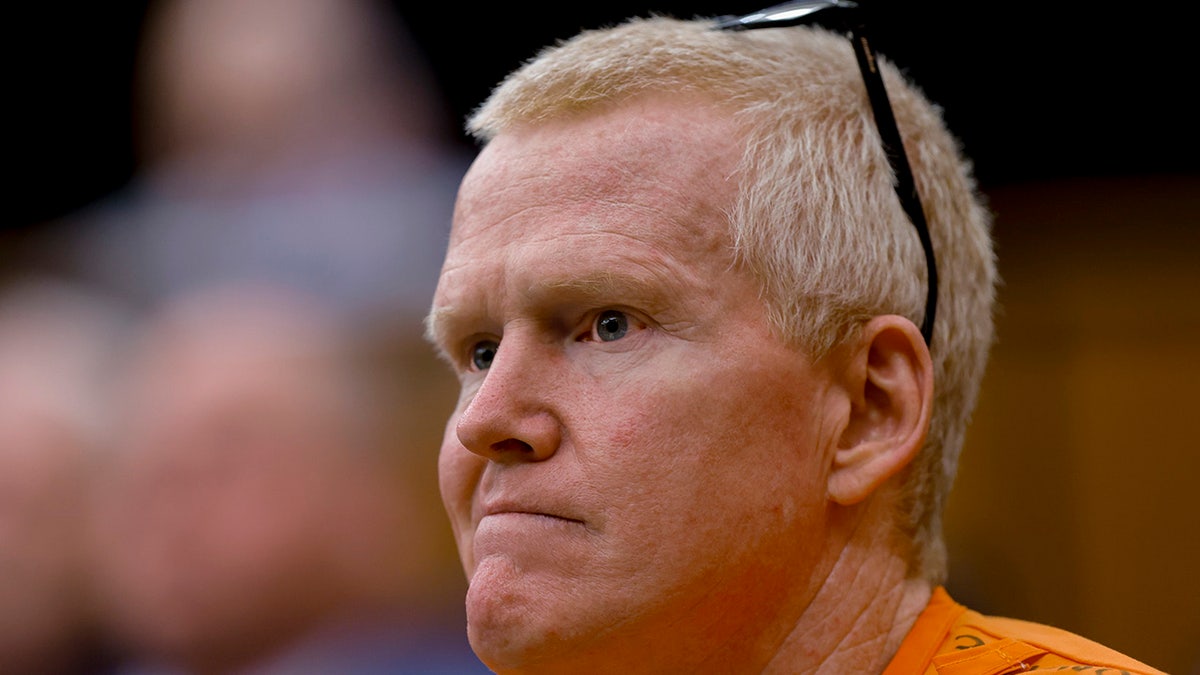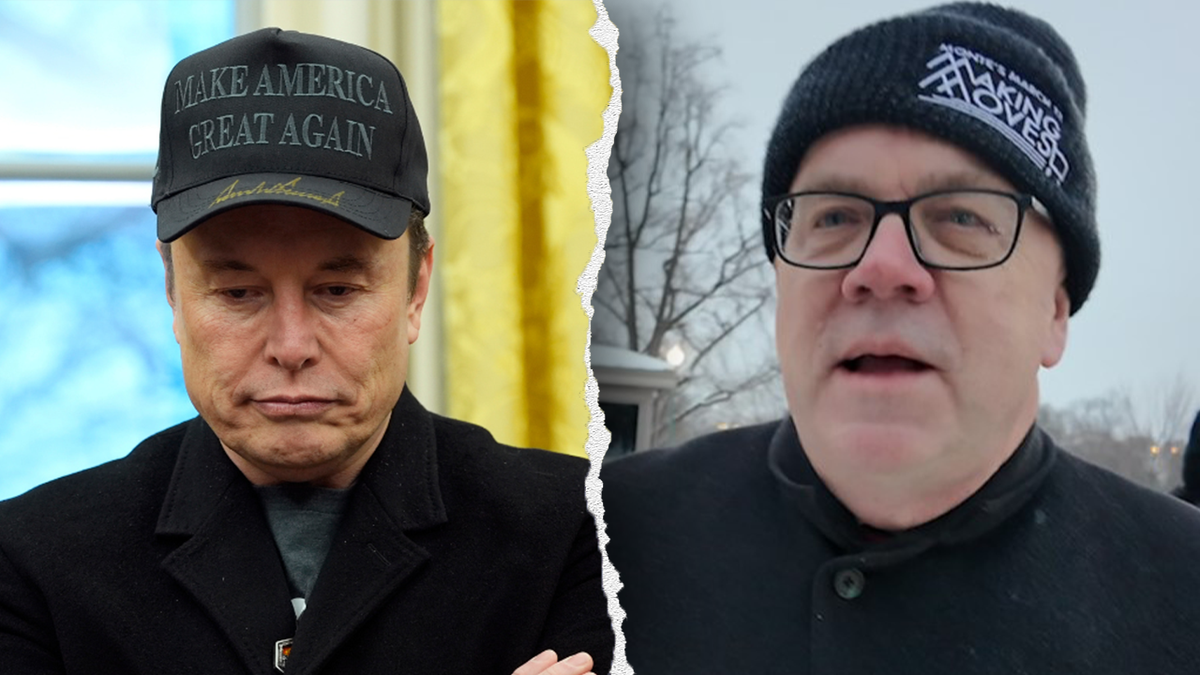Attorneys representing David DePape, the man accused of assaulting Paul Pelosi, husband of former House Speaker Nancy Pelosi, are pushing for a change of venue for his federal trial. They argue that the extensive media coverage in the San Francisco Bay Area has prejudiced potential jurors, making a fair trial impossible in the city.
DePape's legal team, led by federal public defenders Jodi Linker and Angela Chuang, plans to request the trial be moved to Eureka, a city near Oregon. They've cited a commissioned survey indicating that many prospective jurors in the Bay Area already presume DePape's guilt and are unlikely to alter their opinions. This concern is amplified by Nancy Pelosi's long-standing political presence in San Francisco, where she has served in Congress since 1987. Her popularity, they argue, could further bias a local jury against DePape.
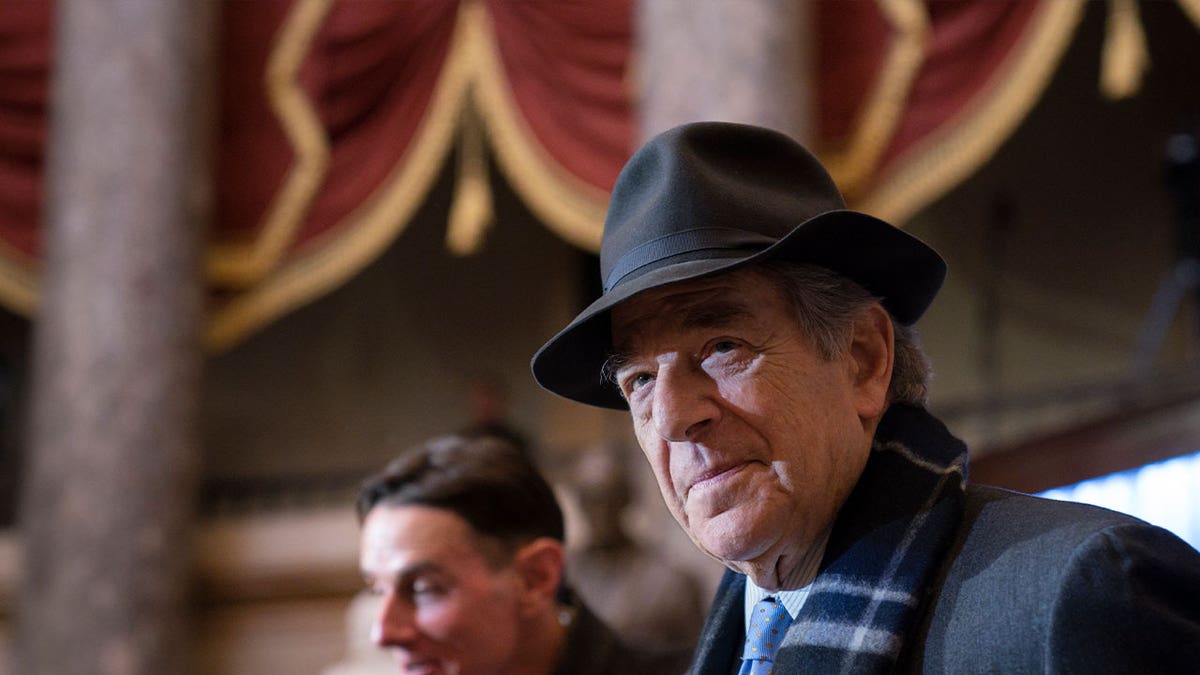
Paul Pelosi at a portrait unveiling ceremony for Nancy Pelosi in Washington, D.C., on December 14, 2022. (AP Photo/J. Scott Applewhite, File)
The attack on Paul Pelosi occurred on October 28 of last year at the Pelosi residence in San Francisco. Prosecutors allege DePape intended to kidnap Nancy Pelosi, who was away at the time, and instead brutally attacked her 83-year-old husband with a hammer. The incident caused widespread shock and concern across the political landscape.
DePape faces federal charges of attempting to kidnap a federal official and assaulting a family member of a federal official. He has pleaded not guilty to these charges, as well as to state charges that include attempted murder, burglary, and elder abuse. Currently, he is being held without bail. While the federal trial is scheduled to begin on November 13, the date for the state trial remains undetermined.
DePape's defense team emphasizes the saturation of media coverage in the Bay Area, which has included the release of video footage of the attack, the 911 call, and a police interview conducted shortly after DePape's arrest. This widespread dissemination of information, they contend, has significantly compromised the impartiality of potential jurors.
The release of the attack footage in January followed a judge's rejection of the prosecution's request to keep it confidential. This decision further fuels the defense's argument regarding the difficulty of securing an unbiased jury in the Bay Area.


